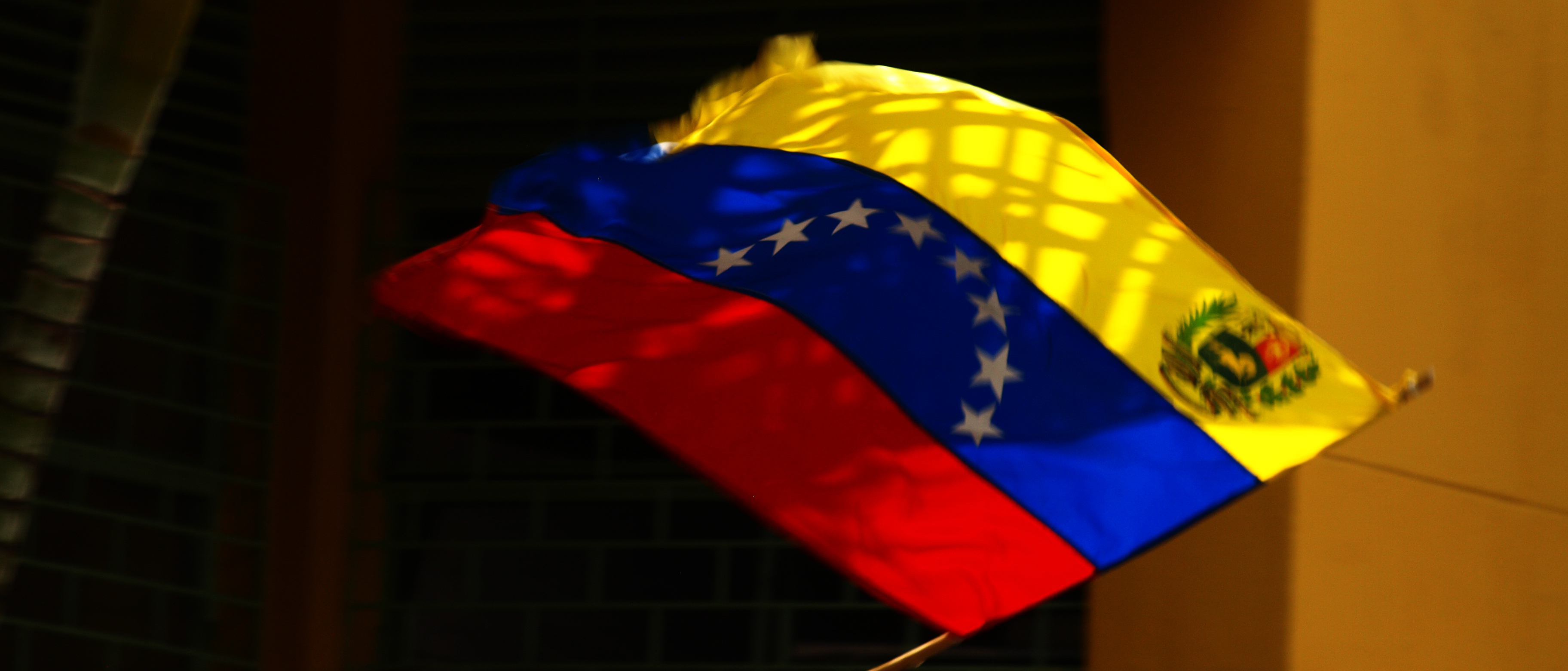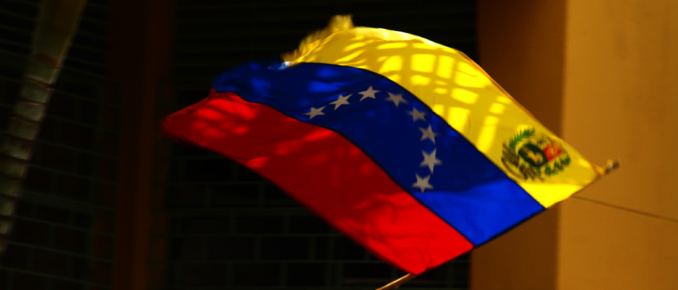The oil production of Petroleos de Venezuela SA, the oil company of Venezuela, is rapidly declining, but some investors suggest that the company will continue to supply the world market with oil and will keep the inflow of foreign currency into the country. Nevertheless, these expectations are beginning to vanish.
The American oil company ConocoPhillips is taking steps to obtain operational control over refineries and storage facilities of PdVSA located in the Caribbean Sea. Earlier, the arbitration court awarded Conoco $ 2 billion for Venezuelan nationalization of these assets in 2007. It can hit hard on Venezuela since the country needs the Caribbean storage facilities and oil refining infrastructure to mix the local heavy oil with lighter grades in order to create a blend that is suitable for export.
According to Philip Verleger, an economist, because of this situation, the reduction of oil exports from Venezuela can reach 500,000 barrels per day, while the total oil production in the country is 1.4 million barrels per day. Along with the resumption of sanctions against Iran, a reduction in Venezuelan oil exports could lead to an increase in oil prices above current multi-year highs.
Conoco's example for Venezuela has become contagious: other companies have also begun to try to gain operational control over PdVSA assets outside the South American country, including tankers and oil cargoes. So, the Canadian gold mining company Rusoro aimed at Citgo Holding, a Venezuelan refinery located in the US. For Venezuela, Citgo is the link with the US market and one of the few Venezuelan assets operating outside the country.
The legality of obtaining operational control over these enterprises is in question, but the uncertainty around this situation is already beginning to affect the oil industry of Venezuela. PdVSA representatives did not comment on the situation, but Reuters noted that last week nine vessels heading for PdVSA facilities in the Caribbean Sea changed their course and were sent to the waters of Venezuela or Cuba, probably to avoid their capture.
Meanwhile, PdVSA has a larger lender than ConocoPhillips. China provided PdVSA with approximately $ 50 billion, and the grace period for the repayment of some loans was agreed in 2016, when oil prices were almost twofold lower than the current. If China demands a renewal of payments, PdVSA will have to send nearly a quarter of its oil production to Beijing, which will reduce the revenue from oil exports.
But without further pressure from China or possible US sanctions in response to the presidential elections in Venezuela, which will be held on May 20, the country’s foreign exchange earnings may decrease even more, and the probability of a stronger internal crisis will increase.
According to some reports, Venezuela's oil production is at its lows for many decades, not counting instability in 2002-2003, which led to an increase in world oil prices. The repetition of this instability seems increasingly more likely.
source: dowjones.com
The American oil company ConocoPhillips is taking steps to obtain operational control over refineries and storage facilities of PdVSA located in the Caribbean Sea. Earlier, the arbitration court awarded Conoco $ 2 billion for Venezuelan nationalization of these assets in 2007. It can hit hard on Venezuela since the country needs the Caribbean storage facilities and oil refining infrastructure to mix the local heavy oil with lighter grades in order to create a blend that is suitable for export.
According to Philip Verleger, an economist, because of this situation, the reduction of oil exports from Venezuela can reach 500,000 barrels per day, while the total oil production in the country is 1.4 million barrels per day. Along with the resumption of sanctions against Iran, a reduction in Venezuelan oil exports could lead to an increase in oil prices above current multi-year highs.
Conoco's example for Venezuela has become contagious: other companies have also begun to try to gain operational control over PdVSA assets outside the South American country, including tankers and oil cargoes. So, the Canadian gold mining company Rusoro aimed at Citgo Holding, a Venezuelan refinery located in the US. For Venezuela, Citgo is the link with the US market and one of the few Venezuelan assets operating outside the country.
The legality of obtaining operational control over these enterprises is in question, but the uncertainty around this situation is already beginning to affect the oil industry of Venezuela. PdVSA representatives did not comment on the situation, but Reuters noted that last week nine vessels heading for PdVSA facilities in the Caribbean Sea changed their course and were sent to the waters of Venezuela or Cuba, probably to avoid their capture.
Meanwhile, PdVSA has a larger lender than ConocoPhillips. China provided PdVSA with approximately $ 50 billion, and the grace period for the repayment of some loans was agreed in 2016, when oil prices were almost twofold lower than the current. If China demands a renewal of payments, PdVSA will have to send nearly a quarter of its oil production to Beijing, which will reduce the revenue from oil exports.
But without further pressure from China or possible US sanctions in response to the presidential elections in Venezuela, which will be held on May 20, the country’s foreign exchange earnings may decrease even more, and the probability of a stronger internal crisis will increase.
According to some reports, Venezuela's oil production is at its lows for many decades, not counting instability in 2002-2003, which led to an increase in world oil prices. The repetition of this instability seems increasingly more likely.
source: dowjones.com



















